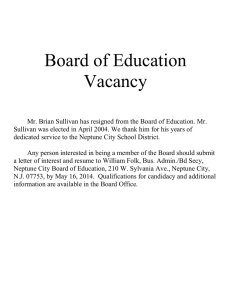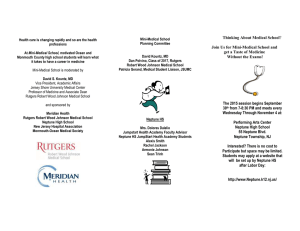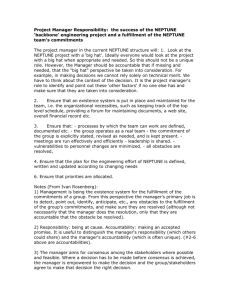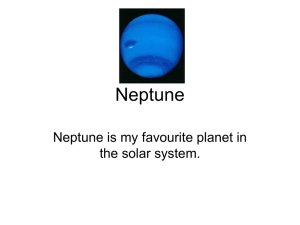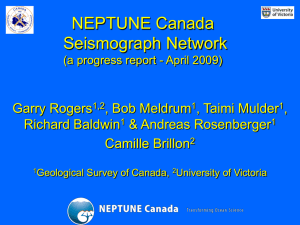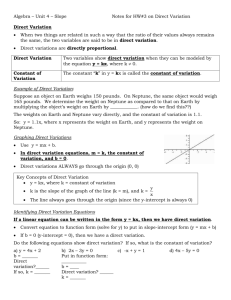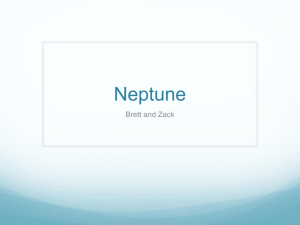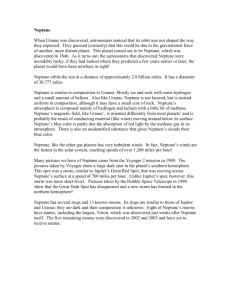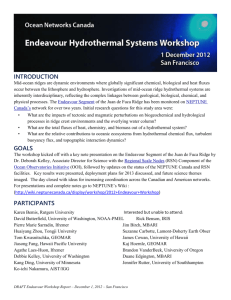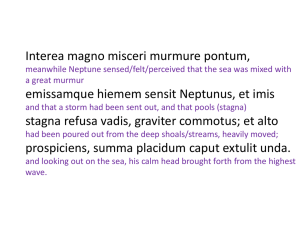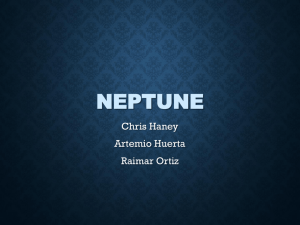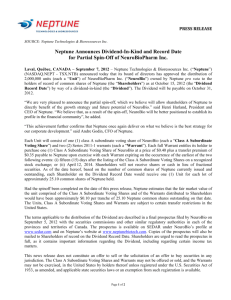ROBERT WOOD JOHNSON MEDICAL SCHOOL
advertisement
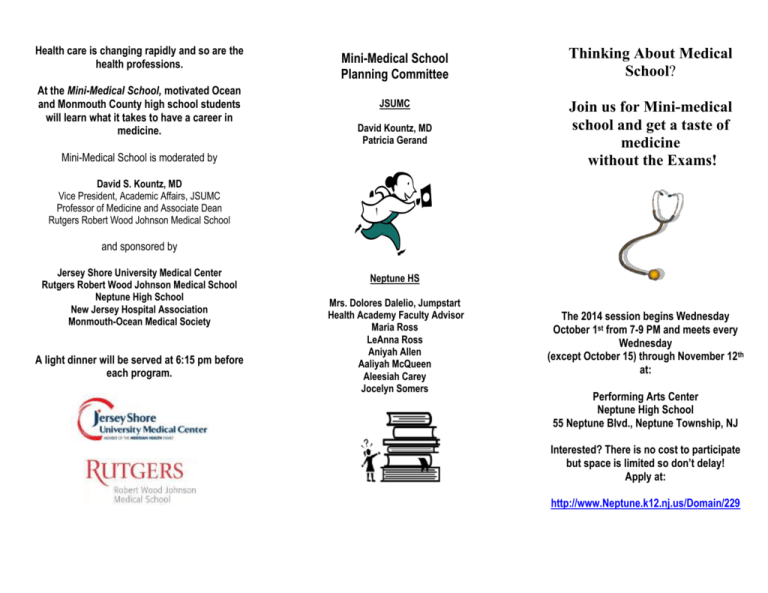
Health care is changing rapidly and so are the health professions. At the Mini-Medical School, motivated Ocean and Monmouth County high school students will learn what it takes to have a career in medicine. Mini-Medical School Planning Committee Thinking About Medical School? JSUMC Join us for Mini-medical school and get a taste of medicine without the Exams! David Kountz, MD Patricia Gerand Mini-Medical School is moderated by David S. Kountz, MD Vice President, Academic Affairs, JSUMC Professor of Medicine and Associate Dean Rutgers Robert Wood Johnson Medical School and sponsored by Jersey Shore University Medical Center Rutgers Robert Wood Johnson Medical School Neptune High School New Jersey Hospital Association Monmouth-Ocean Medical Society A light dinner will be served at 6:15 pm before each program. Neptune HS Mrs. Dolores Dalelio, Jumpstart Health Academy Faculty Advisor Maria Ross LeAnna Ross Aniyah Allen Aaliyah McQueen Aleesiah Carey Jocelyn Somers The 2014 session begins Wednesday October 1st from 7-9 PM and meets every Wednesday (except October 15) through November 12th at: Performing Arts Center Neptune High School 55 Neptune Blvd., Neptune Township, NJ Interested? There is no cost to participate but space is limited so don’t delay! Apply at: http://www.Neptune.k12.nj.us/Domain/229 Mini-Medical School Lecture Schedule 2014 Date Topic October 1 The Science of Trauma Care (Lance Auditorium, JSUMC) Speaker: Adam M. Shiroff, MD, Assistant Professor of Surgery What is involved in the care of trauma patients? Who are members of the team, and what factors determine the likelihood of survival? After the lecture, students will tour the trauma center at JSUMC with the hospital trauma team. October 8 Sudden Cardiac Death: Why It Happens and What You Can Do Before Help Arrives Speaker: Vincent R. Zales, MD, FAAP, FACC, Clinical Professor of Pediatrics Sudden cardiac death is the result of many factors, and can occur in seemingly healthy young adults. How do you get a non-pumping heart to start beating again? After the lecture students will learn the principles of cardiac life support (CPR) in the simulation center at Neptune HS October 15 No program – Neptune HS Back-to-School Night October 22 The Mysteries and Magic of Pregnancy Speakers: Meghan I. Rattigan, DO, Clinical Assistant Professor of Obstetrics and Gynecology Andrew Blechman, MD, Clinical Associate Professor of Obstetrics and Gynecology The 9-month period from conception to birth is one of life’s greatest miracles. What can happen during pregnancy to the mother and baby? If a problem is suspected, how can it be diagnosed and treated before the baby is born? After the lecture, students will have the chance to observe the challenges of delivering a baby in the simulation center at Neptune HS October 29 Preventing and Treating Lung Cancer (Lance Auditorium, JSUMC) Speaker: Thomas L. Bauer II, MD, Medical Director, Thoracic Oncology Program, Meridian Health Lung cancer is the most common cause of cancer death among men and women. Despite a serious prognosis (outlook), many patients detected at early stages of the disease can be cured. Students will learn about the causes of lung cancer, how it is diagnosed, and treatment options. Nov 5 Alternative Careers in the Health Sciences: Podiatry, Dentistry, and Pharmacy Speakers: TBD This session will feature a panel discussion including a podiatrist, dentist, and pharmacist. What are their roles in health care? How is their education similar (or different) from that of a physician? Would they choose that field again? After the lecture, students will have the opportunity to interact with these health care professionals in small group sessions to learn more about these career options. Nov 12 Sports Medicine: Concussions and On-the-Field Injuries Speaker: Stephen G. Rice, MD, FAAP, Clinical Professor of Pediatrics 50% of high school girls and 75% of high school boys participate in sports activities. What predicts the risk of injuries, and how can they be prevented? Learn the differences between sprains and strains, and what defines a concussion. The second half of the program will be devoted to graduation exercises. Students must attend at least 5 sessions in order to receive a graduation certificate, but all are welcome to attend any program
